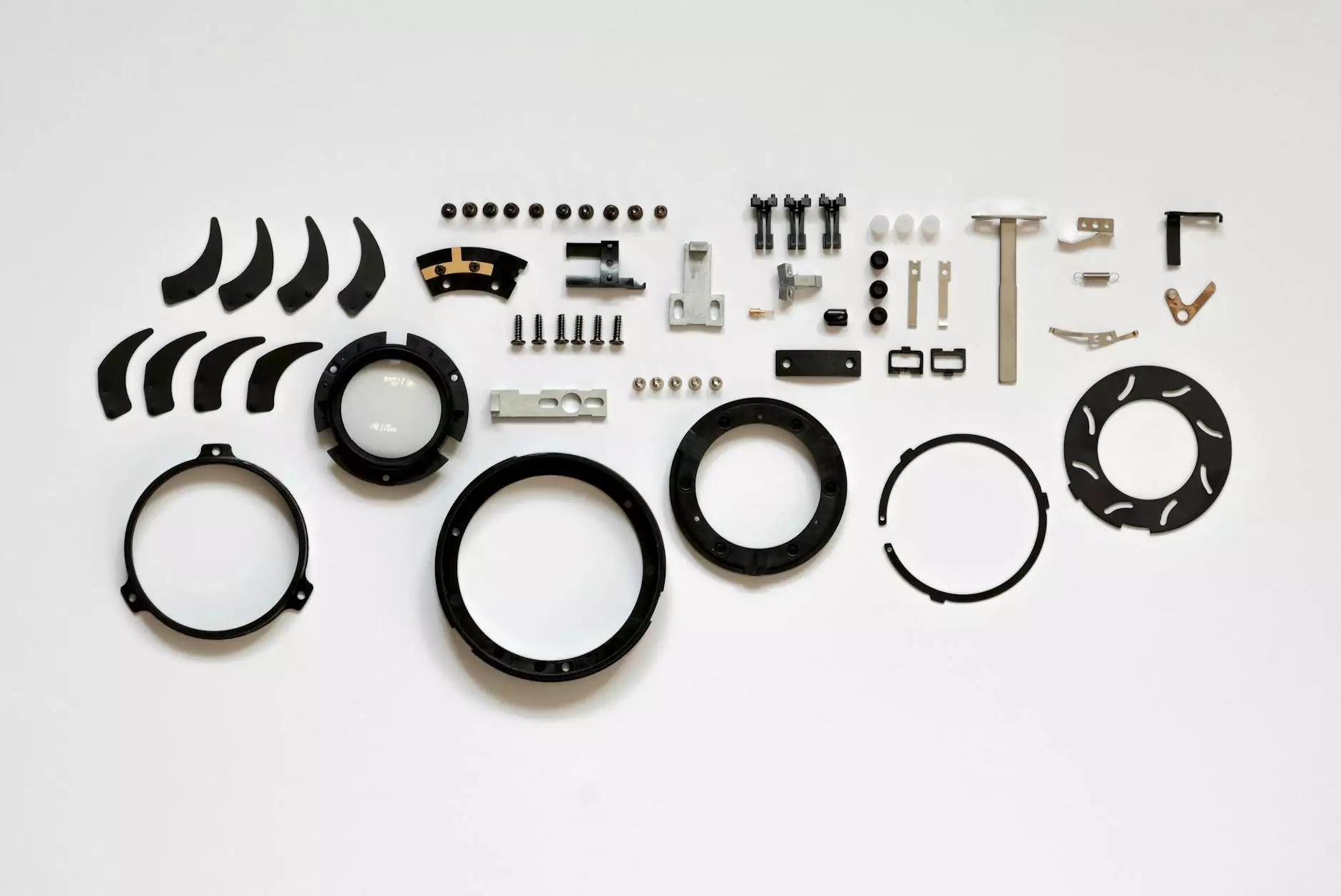Sleeve Gastrectomy Surgery: A Comprehensive Guide

Sleeve gastrectomy surgery is a transformative weight loss procedure that has gained immense popularity in recent years. This surgical approach not only supports significant weight loss but also enhances the quality of life for those suffering from obesity-related health issues. In this article, we delve into the intricacies of sleeve gastrectomy, exploring its benefits, the surgical process, recovery phases, and its place within the broader landscape of weight loss options.
Understanding Sleeve Gastrectomy Surgery
Sleeve gastrectomy is a laparoscopic surgical procedure that involves the permanent removal of a large portion of the stomach, resulting in a sleeve-like shape. This technique restricts the stomach’s capacity, leading to reduced food intake and promoting feelings of fullness after consuming small amounts of food. The surgery is typically recommended for individuals with a Body Mass Index (BMI) of 40 or higher, or those with a BMI of 35 who have obesity-related conditions such as type 2 diabetes or hypertension.
Key Benefits of Sleeve Gastrectomy Surgery
- Significant Weight Loss: Studies have shown that patients can lose up to 60-70% of their excess weight within the first year post-surgery.
- Improvement in Obesity-Related Conditions: Many patients experience remission or improvement in health issues such as diabetes, hypertension, and sleep apnea.
- Lower Risk of Complications: Compared to other bariatric procedures, sleeve gastrectomy has a lower risk of complications and is less invasive.
- Enhanced Quality of Life: Many patients report increased energy levels, improved mobility, and enhanced self-esteem following the procedure.
The Sleeve Gastrectomy Procedure Explained
Before undergoing sleeve gastrectomy surgery, it is crucial to have a thorough consultation with a qualified medical professional. The process typically involves the following steps:
1. Pre-operative Assessment
During the initial consultation, the doctor will conduct a comprehensive assessment to determine if you are a suitable candidate for the surgery. This includes:
- Medical history review
- Physical examination
- Blood tests to evaluate overall health
- Psychological evaluation to ensure readiness for surgery and lifestyle changes
2. Preparing for Surgery
Once approved for the surgery, patients will enter a pre-operative phase, which may include:
- Adopting a special diet to reduce liver size and improve surgical outcomes.
- Ceasing certain medications that could interfere with the surgery.
- Understanding post-operative dietary guidelines and lifestyle modifications.
3. The Surgical Procedure
Sleeve gastrectomy is performed under general anesthesia and typically lasts about 1 to 2 hours. During the procedure:
- Small incisions (usually 4-5) are made in the abdomen.
- A laparoscope (a thin tube with a camera) is inserted, allowing the surgeon to view the stomach.
- A large portion of the stomach (approx. 75-80%) is removed, leaving a narrow sleeve.
- The remaining stomach is then closed using staples, creating a smaller, banana-shaped stomach.
4. Recovery After Sleeve Gastrectomy Surgery
Post-operative care is vital for a successful recovery. Patients will typically stay in the hospital for 1 to 2 days post-surgery. Recovery includes:
- Gradual introduction of liquids, followed by soft foods, and eventually a regular diet.
- Post-operative pain management and monitoring for complications.
- Regular follow-up appointments with the healthcare team to track weight loss and nutritional needs.
Post-Operative Life After Sleeve Gastrectomy Surgery
Life after sleeve gastrectomy surgery brings about significant adjustments. Patients must embrace new dietary habits, exercise routines, and lifestyle changes to maximize their weight loss journey.
Dietary Changes
To ensure optimal recovery and sustained weight loss, a structured dietary plan is critical:
- Initial phase: A liquid diet for the first 2 weeks post-surgery.
- Progressing to softer foods, emphasizing protein-rich options like lean meats, eggs, and dairy.
- Long-term: Adoption of balanced meals rich in fruits, vegetables, and whole grains while avoiding sugary and fatty foods.
Exercise and Physical Activity
Regular physical activity is essential for achieving and maintaining weight loss.
- Aim for at least 150 minutes of moderate aerobic activity per week.
- Incorporate strength training exercises at least twice a week.
- Engage in enjoyable physical activities such as walking, swimming, or cycling.
Long-Term Follow-Up and Support
Long-term follow-up with healthcare providers is crucial for tracking progress and preventing complications.
Support groups and counseling can also be beneficial for emotional and psychological well-being, helping patients navigate the challenges of their weight loss journey.
Potential Risks and Complications
While sleeve gastrectomy surgery is generally safe, it's important to be aware of potential risks and complications:
- Leakage: Occurs at the staple line and may require additional surgery.
- Stricture: A narrowing of the sleeve that can lead to food blockage.
- Nutritional deficiencies: Due to reduced food intake, patients may need to supplement vitamins and minerals.
- Gallstones: Rapid weight loss can increase the risk of gallstone formation.
Choosing the Right Medical Center for Sleeve Gastrectomy Surgery
Selecting the right medical center for your sleeve gastrectomy surgery is crucial for achieving successful outcomes. Consider the following factors:
- Reputation and experience of the surgical team.
- Accreditation and certifications of the medical facility.
- Reviews and testimonials from previous patients.
- Availability of comprehensive pre-operative and post-operative care.
Conclusion
Sleeve gastrectomy surgery offers a profound solution for those struggling with obesity and related health challenges. Its effectiveness, coupled with a supportive approach to pre-and post-operative care, makes it a standout choice for those seeking a healthier lifestyle. By understanding the procedure, preparing adequately, and committing to a long-term plan for health and wellness, patients can not only achieve their weight loss goals but also significantly improve their overall quality of life.
For more information, or to schedule a consultation, visit thewellcome.com, where our dedicated team of professionals is here to support you on your journey toward better health.






